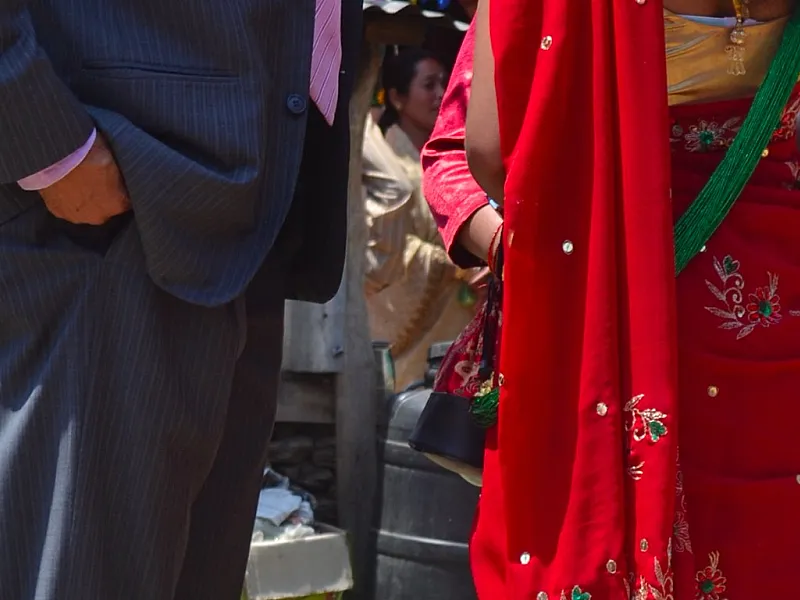
Divorce laws in Nepal are primarily governed by the Muluki Ain (Nepal's National Legal Code), which includes provisions related to marriage, divorce, and family matters. Divorce in Nepal is based on both the secular legal system and customary practices. Here are some key points regarding divorce laws in Nepal according to Nepali concepts:
Grounds for Divorce: Under Nepali law, there are several grounds on which a divorce can be sought, including:
Adultery: If one spouse commits adultery, the other spouse has the right to seek a divorce.
Cruelty: If one spouse is subjected to cruelty or mistreatment by the other, it can be grounds for divorce.
Desertion: If one spouse leaves the other without any reasonable cause or consent, it may be considered abandonment and a ground for divorce.
Incompatibility: If a couple is unable to live together due to incompatibility and there is no reasonable possibility of reconciliation, a divorce can be sought.
Legal Procedures: To initiate divorce proceedings, one spouse must file a divorce case in a district court. Both parties are required to appear in court for counseling and reconciliation efforts. If reconciliation attempts fail, the court may proceed with the divorce case.
Custody of Children: In divorce cases, decisions regarding child custody are made with the best interests of the child in mind. The court may determine custody arrangements and visitation rights for both parents.
Alimony and Property Division: The court may also decide matters related to alimony (spousal support) and the division of marital property and assets. The division of property is typically based on equitable distribution, taking into account the contributions and needs of both spouses.
Customary and Cultural Aspects: Nepal is a diverse country with various ethnic and cultural groups, each with its own customs and traditions. In some cases, customary practices may play a role in divorce proceedings, especially in rural areas where local traditions are strong.
International Marriages: In cases of international marriages, where one spouse is a foreign national, the legal process may become more complex. In such situations, it is advisable to seek legal advice to navigate the applicable laws and procedures.
Amendments and Reforms: The legal framework for divorce in Nepal has seen changes and reforms over the years, and there have been discussions about making the divorce process more accessible and equitable.
It's important to consult with a qualified legal professional in Nepal if you are considering divorce or facing divorce proceedings, as the specifics of divorce laws and procedures can vary and are subject to change. Additionally, local customs and practices may influence how divorce cases are handled, especially in more traditional or rural areas of Nepal. Legal advice can help ensure that your rights are protected and that you understand the legal process and potential outcomes.
Comments: